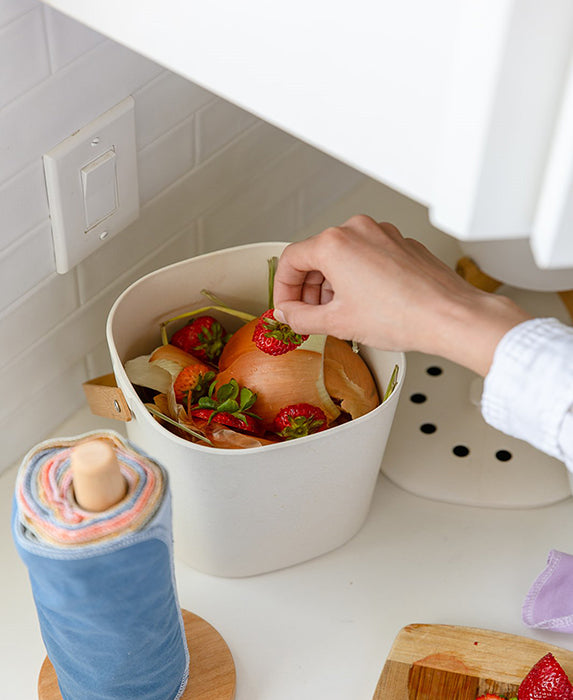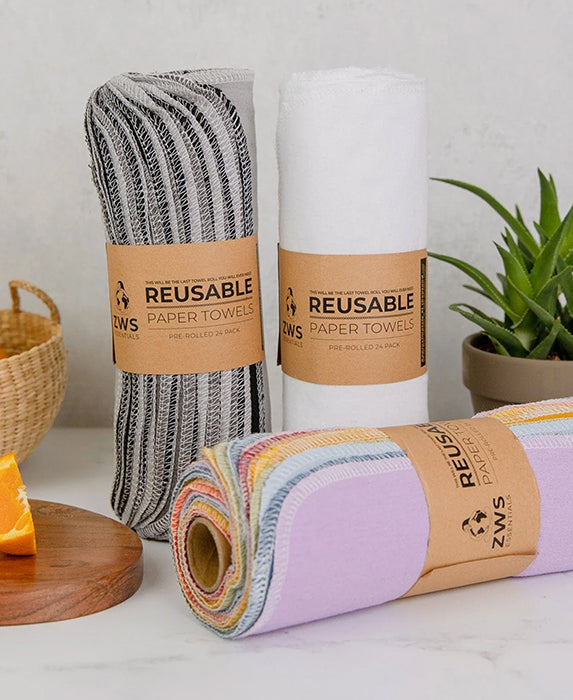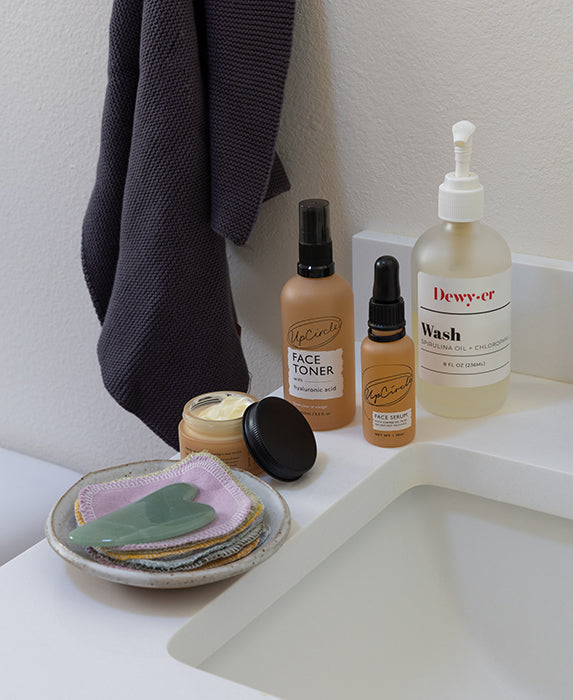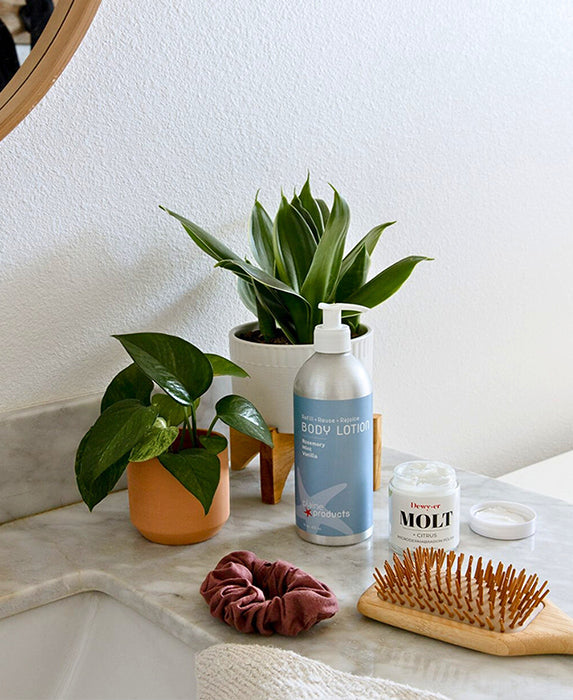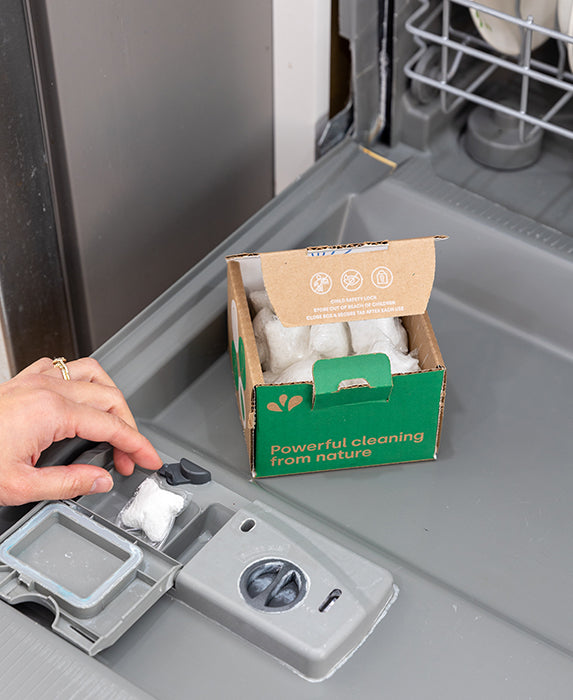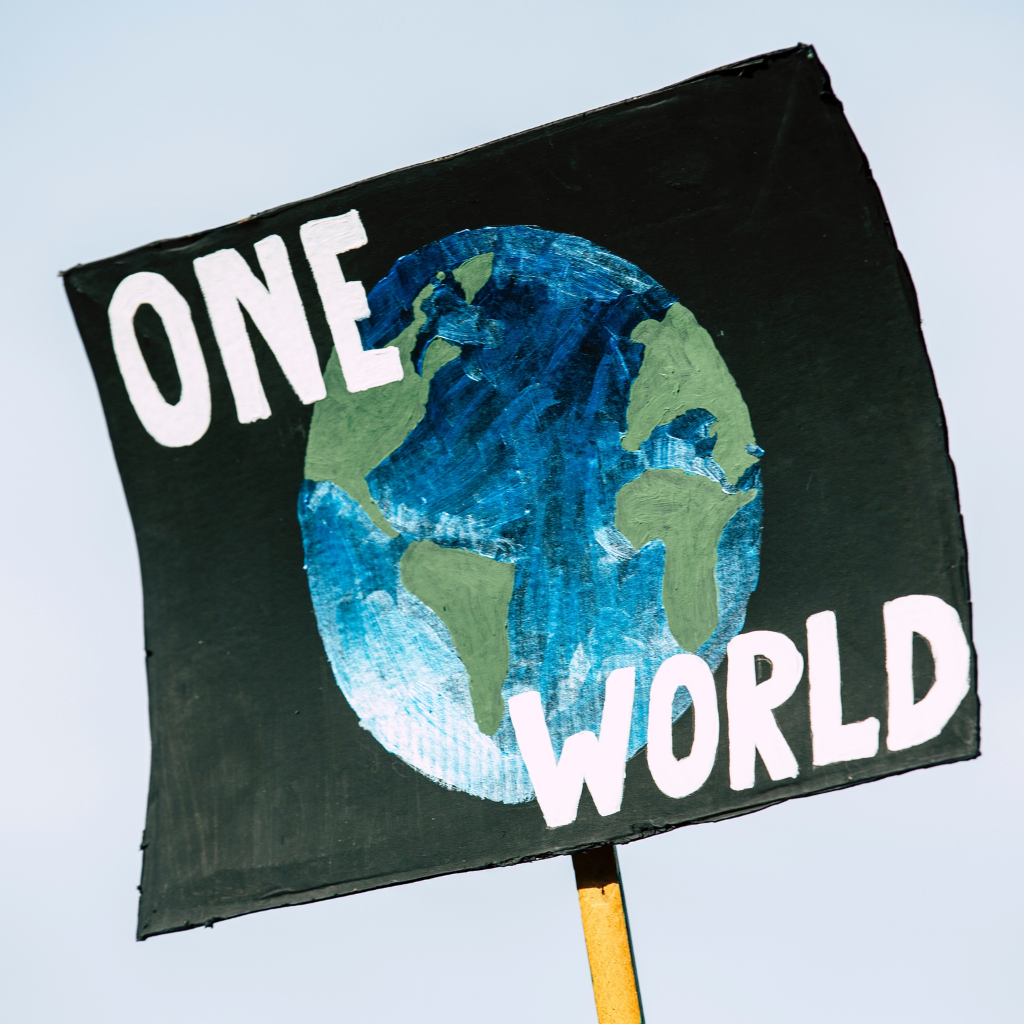Let’s talk about one of our favorite new brands, Zefiro! Plastic-free, zero waste, and ethically made, Zefiro’s products are a great addition into any sustainable lifestyle. These affordable eco-friendly goods are manufactured in China, close to where many of the natural materials that make up their products are harvested. At EarthHero, we get loads of questions regarding products made in China, and if products made in the USA are truly “better” for people or the planet.
It’s a big question, and one we’d like to spend some time with. That’s why we spoke to Carley Pulford, the founder and eco-brain behind Zefiro. Zefiro identifies a zero-waste home goods brand that markets themselves as “where sustainability meets affordability.”

With deep roots and connections to China, Carley knows the unfortunate stigmas that come with the “Made in China” label. As a brand dedicated to accessible, sustainable products, Zefiro doesn’t compromise on their values for the sake of cost. Instead, they provide products that can directly compete with dozens of generic, wasteful, single-use items so many of us have cluttering our pantries and cabinets. Zefiro’s products challenge the idea of sustainability as an expensive luxury and provide quality swaps that work on any budget.

Products like the Long Handle Dish Brush feature bamboo, sisal fiber, and metal construction, and minimize waste when paired with their Sisal Replacement Head. Or, for a little extra oomph, you can try out their Abrasive Replacement Head. When it’s time to retire your brush head, simply toss the old one in the compost, and pop in your new one. No need to retire the whole brush! The Sisal Soap Saver Bag is another great example, which is not only sustainably made, but helps extend the life of your soap bars.

With natural, sustainable materials like bamboo, sisal, and FSC Certified wood, Zefiro’s products are thoughtfully designed for durability, while also being easy to responsibly dispose of when they can no longer be used. Their dedication to thoughtfulness extends past their material selection, too. Zefiro works closely with carefully-vetted manufacturing partners in China to ensure their products are made not just sustainably, but ethically too.
This interview has been edited for length and clarity.
Q: To start, can you tell us a bit about yourself and how Zefiro came to be?
My husband was transferred to Chicago in 2016, when our daughter was three months old. Being Canadian, I was unable to work in the US while my paperwork went through, which took over a year process. During this time, I noticed how many people were still using plastic bags, how many disposable cups were being used, and knew that I wanted to be a part of changing this.
I worked for months perfecting a beeswax wrap recipe and when it was perfect, it was what launched Zefiro. I started selling them at the local Farmer’s Market along with some other common household items, all plastic-free of course. I saw the interest growing and slowly added more and more plastic-free options to the line.
In January of 2019, my husband Mike joined full-time and we’re a proud husband and wife team working to bring some great, affordable plastic-free items to more members of our community.
Q: You and Mike met while living abroad in China, right? What brought you both there, and how long did you both live there?
Mike and I both moved to China in 2008 independently and met in 2009. Mike was supposed to be there for 6 months while he set up a China office but as the Asian Market grew, he stayed on to eventually open up and oversee an office in India as well. I worked for the Canadian Government at the World’s Fair in Shanghai and then went on to be the Executive Director for the Canadian Chamber of Commerce in Shanghai. We ended up staying for 9 years until we were transferred to Chicago.
Q: Many people hold a stigma with China and Chinese manufacturing — even to the point of refusing to buy anything with a “Made in China” label. As owners of a zero-waste company with manufacturing partners in China, what would you say to someone who might be scared away by a “Made in China” label on an otherwise ethically and sustainably-made item?
We strongly believe that quality can be found anywhere and people are people no matter their origin. Having worked so closely with Chinese people and manufacturers we understand how to build a strong relationship with our partners while creating something that is better for both our companies and our customers.
As for people being ‘scared away’, I would say that if you are looking for a bamboo product, there is no better place to go than to the bamboo capital of the world! We live in a global world where our ingredients come from all over, coconut oil from Thailand, rosehip water from Turkey, canola oil from the US and Canada, and so on. Our beeswax is sourced locally in Illinois but our fabric is made in Vietnam, China, and Turkey.
Buying locally what makes sense is always our priority but it isn’t always possible for the entire product line.
Q: One of the biggest sticking points for people avoiding the “Made in China” label is the fear of supporting unethical standards of labor. e.g., poor wages and working conditions, ill-treatment, and low worker power — the idea that things are made so cheaply because they’re made without regard for the people that make them.
Do you feel that these ideas hold weight? If not, what do you feel is closer to the reality?
When it comes to ethical workplace standards, it’s important to firstly understand some of the differences in benefits between your country and China. In China, there are four months of maternity leave given after you’ve had a baby. Oftentimes your salary includes a stipend for your birthday cake and the law tends to lean towards the employee more than the employer. If you have 5 days of vacation per year and are fired from your employment, you can receive up to 3x your remaining vacation days as compensation as well as 1 month’s pay per year you worked at the company.
Chinese New Year bonuses are extremely common and are usually given as incentives to retain staff. The normal expectation is an additional one month’s salary.
As far as ensuring that workers have a safe working environment, the most important way to understand this is by visiting the factories and doing impromptu walk-throughs.
China is a massive country with an incredible extreme of super-rich to very poor. When Mao ZeDong took over, one of the ways that people would define their status would be with small symbols. Growing a long pinky nail to show that you weren’t a farmer, keeping your skin pale to show that you didn’t work outdoors, keeping pens in your pocket to show that you were an office worker. Class and status is very ingrained in Chinese culture and lifestyles and many people want to show their status by the clothes they wear and the “things” they own. This puts a lot of pressure on people and can cause a lot of stress, understandably. If we’re talking about a living wage, most factories provide a dorm room and your meals for the day as well as a salary.
Q: With many of your own products made in China, could you tell us a bit about what you look for when choosing a partner?
Working with Chinese manufacturers can seem daunting at first but the more you understand China and all of the levels of bureaucracy, the more it can be broken down into simpler terms.
Once you’ve identified your manufacturing partner and the products that you would like made you should ask for their company registration which is given by MOFCOM (the company name should be in English). This document is important as you can then compare it to further certificates given to you throughout the process.
We have felt so fortunate this past year to have a family office on the ground in Shanghai to be able to help us work with our partners there. The most important part of working, and I would say this to be true for any partner, is to know who you are working with.
It can be so easy to end up working with a third-party consultant and not the actual manufacturer. We do due diligence on each product that we add to our shop. First, we ensure that the product meets our criteria. We want it to:
1. Replace a common household product
2. Either be compostable or reusable
3. Be as competitive as possible with its plastic counterpart
Once we have found a product that meets these criteria and it has passed our quality test, we have 3rd party testing done to check the ingredients.
Q: Often, third-party certifications are a great way to ensure accountability and help potential customers feel confident about who they’re purchasing from. Which certifications do you look for yourselves, and what would you recommend other people keep an eye out for to ensure their products are ethically and sustainably made?
Third-party certification is key and I would look out for any red flags when you ask the factory to provide you with the certificates and then when you ask to have it sent to a facility for testing.
There are so many new innovative products coming to the market that sometimes there is no one standard for. For example, compostable “plastics”, when it comes to these we refer to the EU and AU testing standards.
When it comes to the product itself, the certificates will vary. You will want FSC certificates for any wooden products, SGS testing reports for anything with paint or an adhesive, and more recently, with compostable materials being developed, there are different standards. We ensure that our manufacturers are listed on BPI’s website. Once you receive the reports from your manufacturer, then it’s imperative to check that the name issued to you on the company’s certificate can be found listed on the website.
Q: What recommendations would you have for brands that work with Chinese manufacturers to ensure they’re working toward a goal of ethical and sustainable sourcing and production?
Just like with any partner, I believe that the relationship is key. Knowing that you have a transparent relationship is paramount. Understanding, to the best of one’s ability, the cultural differences and building on that to work together.
Q: Is there anything we didn’t mention that you’d like to touch on?
Anyone who has traveled to China knows how incredibly kind the Chinese people are, they take great pride in their country, if you ever have the opportunity to go, I would say take it and go!

